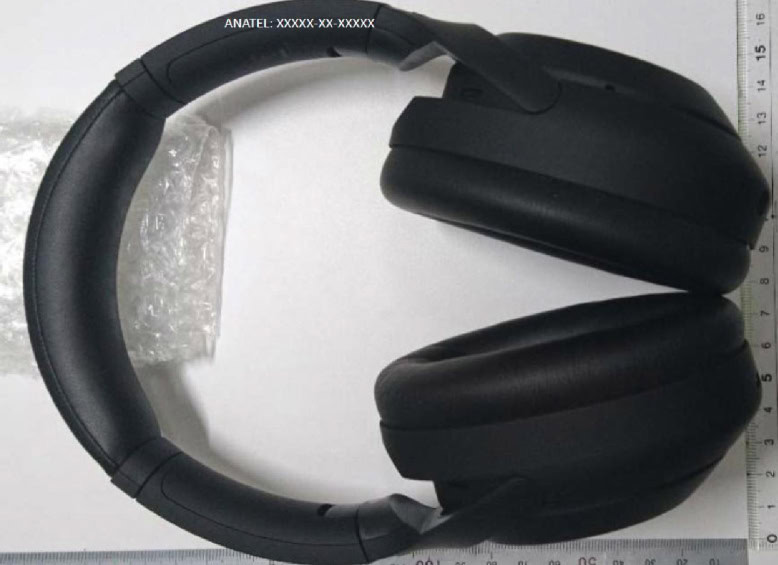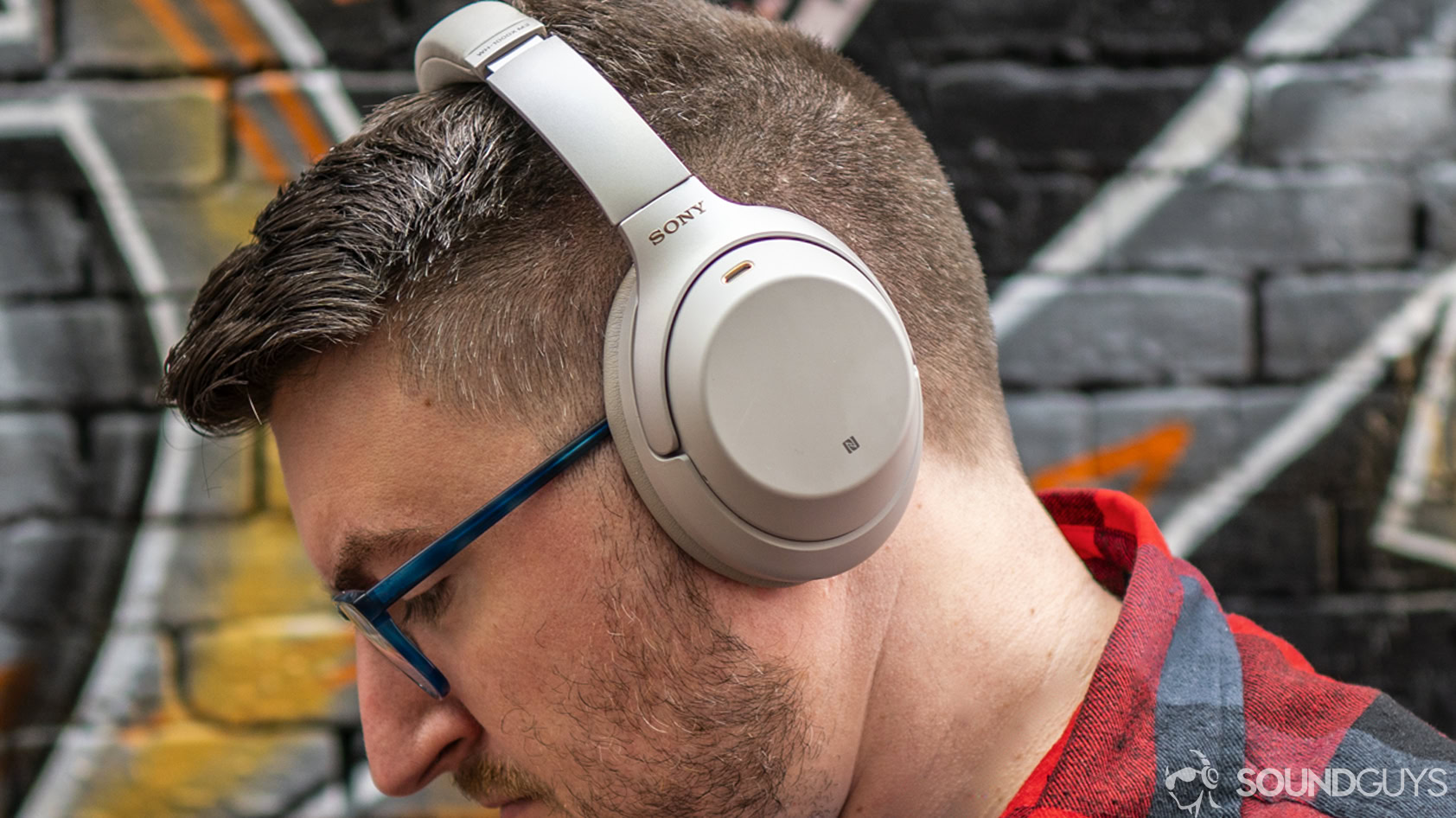Affiliate links on Android Authority may earn us a commission. Learn more.
Next-gen Sony ANC headphones leak, time to get the WH-1000XM3
June 10, 2020

The untouchable Sony WH-1000XM3 appears to have a new successor close on its heels, the Sony WH-1000XM4. According to image and manual leaks noticed by Everton Favretto on March 6, 2020, Sony’s anticipated headset will introduce hands-free access to virtual assistants like Google and Alexa as well as improved battery life. No need to be dubious of the source: the photos and manual were filed by Anatel, which is Brazil’s equivalent of the FCC.
Editor’s note: this was article was updated on June 10, 2020, to address the Sony WH-1000XM4 rumored release date and specifications.
Here are the most important takeaways from the leaked document: the Sony WH-1000XM4 appears to support hands-free access to virtual assistants, as indicated by the sentence, “quando a configuração de comutação automática do speak to chat está ativada,” which roughly translates to “when the automatic speak to chat switching setting is enabled,” later citing both Google Assistant and Alexa.
We also expect even longer battery life thanks to improved power consumption, 2W compared to the current 8W, and updated Class 1 Bluetooth 5.0 firmware. Other iterative devices that have upgraded from Bluetooth 4.X to Bluetooth 5.0 have seen tremendous battery life improvements such as the Master & Dynamic MW07 Plus and the MW07. The former provides nearly nine hours of listening while the first-gen true wireless earbuds provide just over five hours.
The fourth-generation headset bears quite the resemblance to the current WH-1000XM3, which isn’t necessarily a bad thing as those remain handsome headphones. Other features carried over from the WH-1000XM3 to the Sony W-1000XM4 include a 10-meter wireless range, ambient listening, USB-C charging, a headphone jack, and partial multipoint connectivity. This means it can connect to two devices simultaneously, as indicated by the necessary Bluetooth profiles (A2DP and HFP/HSP).
Although it’s nice to have information in writing, nothing is set in stone and much of the information has “XX” placeholders. While we’re relaying the key points of the document here, everything is subject to change until we see it on the shelves. Plus, Sony’s rather good at providing useful firmware updates throughout a Bluetooth headset’s lifetime, so its functionality could evolve over time.
That said, on June 4, 2020, the Sony WH-1000XM4 appeared out of nowhere on Walmart’s website with the price of $348, and promises of improved voice quality. The Walmart listing has since been removed; however, it was also seen on Dell Canada’s website with a June 23 release date. Even still, this is speculative as the Dell Canada’s listing has since been removed. However, Notebookcheck took screenshots of the Sony WH-1000XM4 specifications before the listing’s removal. Some specifications only appear partially completed, as it’s impossible for the headset to only support LDAC as a lone Bluetooth codec: Bluetooth SIG mandated SBC as the standard for any Advanced Audio Distribution Profile (A2DP) 1.3 device.
The Sony WH-1000XM4 release may be the perfect time to get the M3

Suffice to say the Sony WH-1000XM4 noise-cancelling headphones are going to be a hit if they make these anticipated improvements. However, this also means it could be prime time to pick up a pair of WH-1000XM3 cans in the coming weeks and especially once the M4s are officially announced.
One of the most glaring omissions in the leaked Sony WH-1000XM4 paperwork is the lack of aptX support, which is currently supported by the M3. It lists SBC, AAC, and LDAC but omits Qualcomm’s high-quality Bluetooth codec. On paper LDAC is fantastic, but testing reveals that it’s not consistent or as stable. According to Robert Triggs of Android Authority and SoundGuys, “For good quality and a highly stable connection, aptX and even SBC are better choices than LDAC 330kbps.”
It appears the Sony WH-1000XM4 headset will not support aptX.
What’s more, the Sony WH-1000XM3 headphones already have insanely good battery life. According to SoundGuys, they last 24 hours when subjected to constant 75dB playback with noise cancellation at the highest setting. Improving upon this is impressive but unnecessary for most, considering how the M3s also support quick charging: 10 minutes connected to the USB-C cable yields five hours of listening.
Unless you absolutely need that extended playtime for travel or really like the idea of having direct voice access to Google Assistant, the better bang for your buck looks to be the Sony WH-1000XM3.